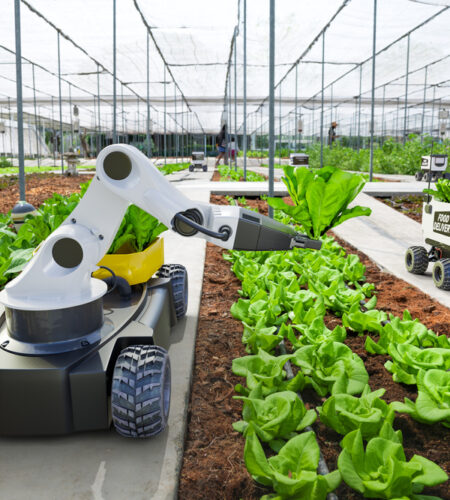Gardening is a beloved hobby for many seniors, offering not just the beauty of plants but also a sense of accomplishment and a connection to nature. As we age, however, physical limitations might make traditional gardening more challenging. Thankfully, advancements in technology have led to a range of innovative solutions that enhance the gardening experience for seniors, making it more accessible and enjoyable, regardless of their physical capabilities.

One of the key innovations in this realm is ergonomic gardening tools. These tools are designed to reduce strain on the body, with features like padded handles, lightweight materials, and easy-grip shapes. Ergonomic tools make gardening tasks like digging, pruning, and planting easier for seniors, especially those with arthritis or limited hand strength.
Another technological advancement is the rise of smart gardening systems. These systems take the guesswork out of gardening, providing automated solutions for watering, lighting, and even fertilizing. Smart drip irrigation systems, for example, deliver water directly to the plant roots at scheduled times, ensuring that plants receive the right amount of water without the need for manual watering. Similarly, smart grow lights can provide the optimal light spectrum for indoor plants, perfect for seniors who enjoy gardening year-round.



Vertical gardening systems are also becoming popular, particularly for seniors with limited space or difficulty bending and kneeling. These systems allow gardening in a standing position, using wall-mounted planters or tiered systems. This approach not only saves space but also makes gardening more physically comfortable for older adults.
Garden mobility aids, such as garden scooters or rolling seats, help seniors navigate their gardens with ease. These aids reduce the need for bending and stooping, minimizing strain on the back and knees. Equipped with storage for tools and supplies, these mobility aids can transform gardening into a more comfortable and convenient activity.
Technology has also brought advancements in soil monitoring devices. These gadgets can measure soil moisture, pH levels, and nutrient content, providing valuable information to ensure plant health. For seniors who want to optimize their gardening efforts, these devices offer insights that lead to better plant care and growth.
Accessible garden beds are an essential aspect of senior-friendly gardening. Raised beds or tabletop garden systems eliminate the need to bend down, making gardening more comfortable and accessible. Some of these systems even come with automated watering and soil monitoring, combining physical comfort with convenience.
In addition to these physical technologies, apps and online resources have become invaluable for senior gardeners. From plant identification apps to online gardening communities, technology offers a wealth of information and support, making gardening more informed and socially engaging.
In conclusion, technologies designed to enhance the gardening experience for seniors are fostering a new era of green thumbs. By addressing the physical and practical challenges of gardening, these innovations are empowering seniors to continue enjoying their passion for gardening, promoting both their physical health and mental well-being. As technology continues to evolve, we can expect even more ingenious solutions to support senior gardeners in their pursuit of horticultural happiness.



Comments